Changing the Culture of Medicine
By MAS Team | 14 December 2020
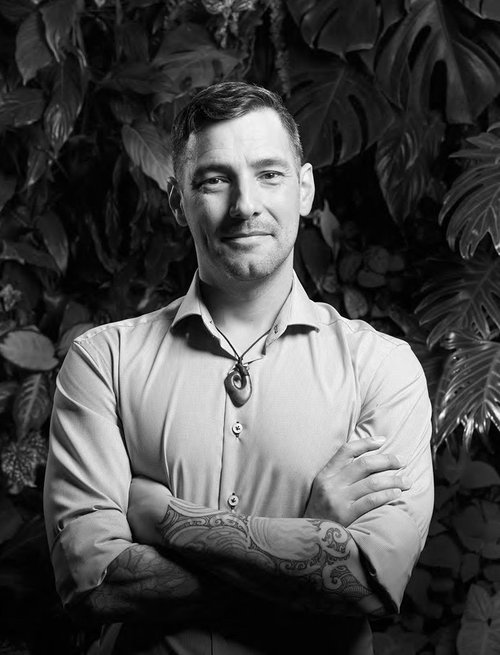 MAS Here For Good scholarship recipient Carlton Irving is one of those people who doesn’t shy away from tackling social problems head on. Rather than waiting for someone else to deal with the issue, he’s the sort of person who asks, “What can I do to make things better?”
MAS Here For Good scholarship recipient Carlton Irving is one of those people who doesn’t shy away from tackling social problems head on. Rather than waiting for someone else to deal with the issue, he’s the sort of person who asks, “What can I do to make things better?”
That attitude led him to train as a paramedic, to develop a cultural awareness programme for his colleagues to better serve underprivileged communities and to study medicine at the age of 40 to reduce inequities in health access for rural communities.
And it all began with a heavy metal band.
In the early 2000s, Carlton was in hardcore metal band My Dearest. During a tour in 2003, one of Carlton’s bandmates broke his leg, and the band needed to call an ambulance.
“Our lead guitarist had been given some pain medication, and he was a bit high from it. The ambulance was driven by a female paramedic and my friend thought she was really pretty, so he told me to come along for the ride to get her phone number.
“So I was in this ambulance, chatting to the paramedic and asking what her job was like, and I was hooked. Within a few months, I was training to become a paramedic and started working in Auckland.”
As a new paramedic, Carlton was shocked by his colleagues’ lack of awareness of different cultures, particularly when working in South Auckland. The paramedic workforce was overwhelmingly Pākehā, while around 75% of the patients they helped were Samoan, many of whom couldn’t speak English.
Carlton signed up for Samoan lessons and saw an immediate improvement in his ability to interact with and understand his patients.
“Being able to communicate in their language opened my eyes when dealing with Samoan patients. I had always found Māori patients easy to engage with because of my awareness of my culture. I started to wonder what it was like for non-Māori healthcare workers without this knowledge.”
Rather than shrugging his shoulders and moving on, Carlton did something.
He developed a cultural competency course for the ambulance service, which had two purposes: teaching paramedics how to deal with patients from different cultures and creating an environment that would encourage more Māori and people of other ethnicities into the workforce.
“We were upskilling paramedics to understand diversity and deliver healthcare that’s reflective of our society, 30–40% of which is non-Pākehā. We deal with people at really stressful times of their lives, and it’s important we engage with them in a way that makes sense for them.
“But it’s not just about understanding different cultures as a service – we need to look more like them too. When I started, it was culturally difficult as a Māori to work in that workplace.”
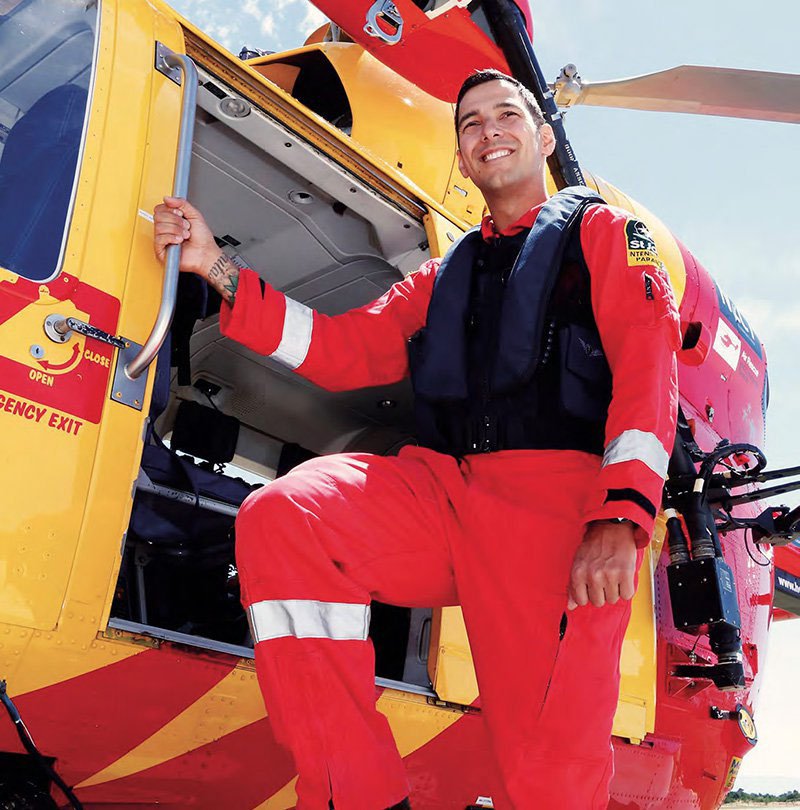
Carlton grew up in Ōpōtiki and saw first-hand the difficulties rural communities experience accessing healthcare.
“My whānau has a rare gene for stomach cancer, and my grandmother and grandfather both passed away from bowel and stomach cancer.
“When I was very young, I was constantly going to tangi. When my aunties and cousins would get sick, they’d have to go to Whakatāne for care because there weren’t resources in the Eastern Bay.”
The real tragedy for Carlton was seeing people suffering from diseases that could have been prevented with an earlier diagnosis.
“Vulnerable communities are accessing healthcare late in the game, and we’ve missed the window when we could have avoided preventable disease. Constantly seeing that over and over really upset me.”
While working in Nelson as a helicopter paramedic, Carlton became a prominent advocate for causes like childhood immunisation, giving up smoking and diabetes prevention.
But to create real change, he felt he needed to train to become a doctor. At the age of 41, he is in his second year of medicine at the University of Otago.
“I really want to fix things at a policy level so I need to be a doctor to have the knowledge to change things.”
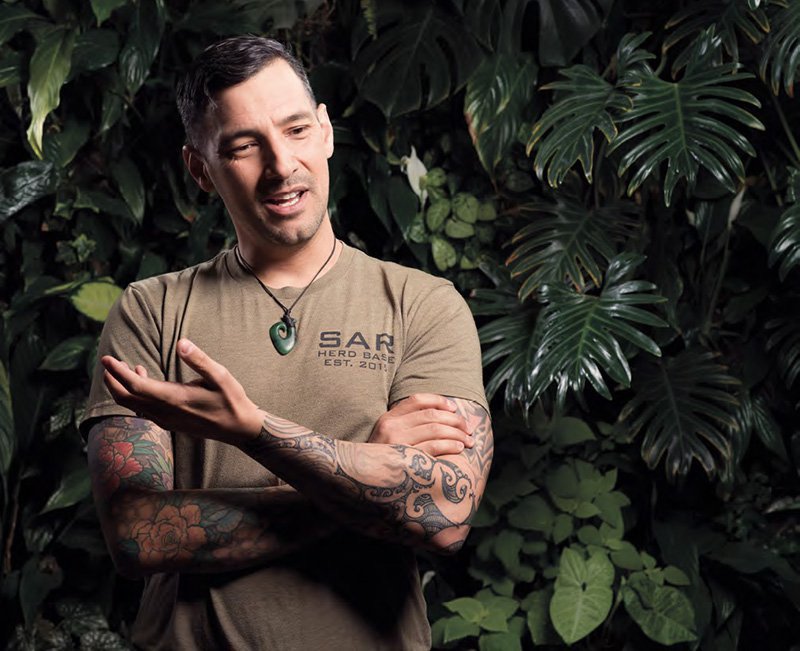
Despite working in Auckland and Nelson and now studying in Dunedin, Carlton’s roots in Ōpōtiki have continued to influence his work. His motivation continues to be his memories of the challenges his own whānau faced getting treatment for cancer and other diseases.
“The data tells us that, if you’re a rural Māori, your chances of surviving some of these diseases are significantly lower and your health outcomes are significantly worse than for those who live in urban centres.
“There are two overarching things causing this problem: access to healthcare and health literacy and knowledge.”
In 2020, Carlton helped develop a programme of mobile clinics in areas where access to healthcare is limited. The mobile clinics provide free care to the community, as well as offering online GP services. Telemedicine has been made available for simple tasks like repeat prescriptions.
“This creates easily accessible healthcare for people who can’t afford it and who face the lowest wages and highest unemployment. It eliminates all the barriers, so if someone can’t come to us for any reason, they can get a home visit,” he says.
The emergence of COVID-19 further emphasised the need for healthcare services in rural areas. GPs couldn’t offer face-to-face appointments except for urgent needs. Telemedicine remained available, and pop-up clinics were established for COVID-19 testing.
This proved the model for bringing health services to isolated people, and this is now being embedded as a permanent model for healthcare across the country, he says.
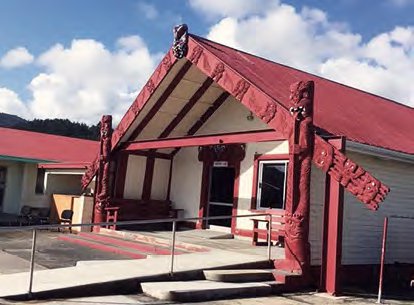 Carlton’s dream is to train more Māori to participate in the health system. To help make this a reality, he runs a charity, Ngā Ringa Ngaio Whakaora (The Skilled Hands of Healing), which delivers CPR training and automated external defibrillators (AEDs) to rural marae in the Eastern Bay of Plenty.
Carlton’s dream is to train more Māori to participate in the health system. To help make this a reality, he runs a charity, Ngā Ringa Ngaio Whakaora (The Skilled Hands of Healing), which delivers CPR training and automated external defibrillators (AEDs) to rural marae in the Eastern Bay of Plenty.
“Last year, there was a cardiac arrest at a marae that had no AED and a long waiting time for an ambulance, and their outcome wasn’t good.
“So I approached Te Puni Kōkiri, and they’ve funded 10 marae for AED installation and training.”
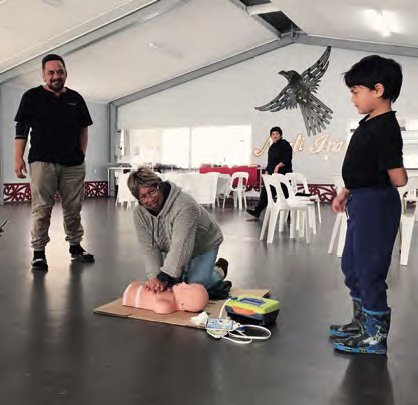 He says the volunteers have almost finished rolling this out and then will look for more options to fund and empower marae.
He says the volunteers have almost finished rolling this out and then will look for more options to fund and empower marae.
As well as helping isolated communities learn essential emergency skills, Carlton is also trying to encourage more Māori into the medical profession by establishing a pilot plan to offer satellite tertiary education.
“I have set up educational pathways with Whitireia Polytech to start delivering health education to rural communities – either to further studies at university or to be able to deliver healthcare through whānau training where they own it and have the capacity to train more people.
“That would mean more people in jobs and education, improved health literacy and better health outcomes.”
Carlton says seeing his ideas come to fruition and be embraced by communities is “nourishing”, especially as he is a “poor student grinding through medical school”.
“I love seeing things come together and seeing people access health services that I helped make happen. There’s nothing more nourishing for yourself.
“It’s so rewarding. I always think about what my legacy will be, and it’s not going to be having money but leaving people better off. This is what makes me tick, what drives me.”
“I’m one of those people that sees something’s wrong and I try to get involved and fix it. There’s no middle ground. You’re either ignoring the problem or you’re part of the solution.”
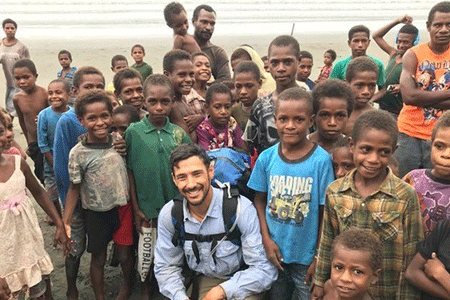
3 August 2020
MAS Here for Good Scholarship winner Carlton Irving tells us his volunteering story and of his desire to champion change for our Māori and Pasifika whānau.
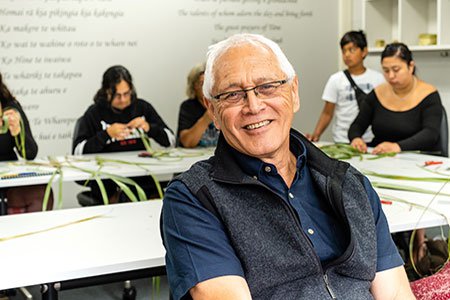
14 October 2020
Inventor and MAS Member Dr David Tipene-Leach tells us how he developed a woven flax bassinet that enables parents to safely bed-share with their little ones.
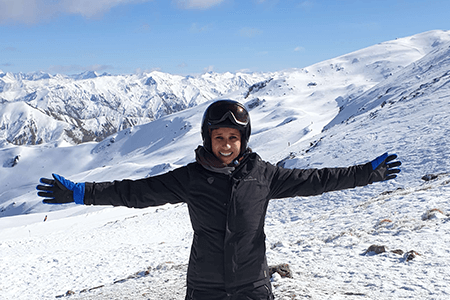
29 January 2020
What started out as an opportunity to raise money for an important charity turned into an experience of personal growth and life-long friendships.